Stock markets around the world, from Wall Street to Tokyo, from Paris to Seoul, have hit record highs recently, despite an uncertain political and economic outlook.
The first factor City Index analyst Fawad Razaqzada points to is the easing of uncertainty from trade wars. US President Donald Trump’s move to raise tariffs on most countries around the world initially sent stock markets tumbling, but trade tensions have since eased, though they have not completely disappeared.
The second factor is that central banks have been able to lower interest rates to support growth and employment, as the post-pandemic inflation surge has been largely contained.
The US Federal Reserve (Fed) began its latest rate-cutting cycle in September 2024 and is expected to cut rates by another 0.25 percentage points at the end of its meeting on October 29. Lower interest rates make it easier and cheaper for businesses and consumers to borrow, thereby boosting economic activity.
Stephen Innes, managing partner at SPI Asset Management, said the Fed, the world’s most influential central bank, is clearly back to easing monetary policy, and that alone has restored global risk appetite. Loose monetary policy has led investors to pour money, or liquidity, into the stock market. The resulting wave of liquidity is lifting almost every market from New York to Tokyo. Other central banks are also cutting interest rates, giving stock markets a boost and helping to cushion the impact of economic weakness and political uncertainty, Razaqzada said.
The third factor is corporate earnings reports. Publicly traded companies are required to regularly release results, and these announcements can have a big impact on stock prices. Analyst Razaqzada said there were companies that beat earnings expectations in the third quarter, when tariffs had little impact on revenue or net income.
The fourth factor is the boom in investment in AI-related chips, hardware and cloud services, as senior market analyst at Capital.com Daniela Sabin Hathorn pointed out.
Tech stocks have pushed all three major Wall Street indexes to record highs, as have chipmakers in Seoul’s Kospi. Big tech and AI companies are being seen as the modern infrastructure of the digital economy, not just cyclical growth stories, Innes said. While there have been warnings about a possible AI bubble, nothing has happened to disrupt the current trend. A big investment cycle and sustained profitability from tech companies are supporting the broader indexes.
The fifth factor is that recent political and economic developments in countries have had relatively little impact on the stock market.
The Paris stock market hit a new record last week despite continued uncertainty over France's political situation and the likelihood of a budget being passed.
Many listed companies have significant overseas revenue, and major indexes are heavily skewed toward such multinationals, so domestic political turmoil or weak data won’t necessarily derail overall market growth if the problems are confined to the domestic market, Ms. Hathorn said.
However, the prolonged US government shutdown due to budget disagreements could start to unsettle investors.
Source: https://vtv.vn/nam-yeu-to-dua-cac-thi-truong-chung-khoan-tren-toan-cau-len-cac-muc-cao-ky-luc-100251029200107961.htm


![[Photo] National Assembly Chairman Tran Thanh Man receives foreign ambassadors who came to say goodbye](https://vphoto.vietnam.vn/thumb/1200x675/vietnam/resource/IMAGE/2025/10/30/1761820977744_ndo_br_1-jpg.webp)
![[Photo] General Secretary To Lam meets former British Prime Minister Tony Blair](https://vphoto.vietnam.vn/thumb/1200x675/vietnam/resource/IMAGE/2025/10/30/1761821573624_tbt-tl1-jpg.webp)
![[Photo] The Third Patriotic Emulation Congress of the Central Internal Affairs Commission](https://vphoto.vietnam.vn/thumb/1200x675/vietnam/resource/IMAGE/2025/10/30/1761831176178_dh-thi-dua-yeu-nuoc-5076-2710-jpg.webp)

![[Photo] General Secretary To Lam attends the Vietnam-UK High-Level Economic Conference](https://vphoto.vietnam.vn/thumb/1200x675/vietnam/resource/IMAGE/2025/10/30/1761825773922_anh-1-3371-jpg.webp)
![[Photo] Touching scene of thousands of people saving the embankment from the raging water](https://vphoto.vietnam.vn/thumb/1200x675/vietnam/resource/IMAGE/2025/10/30/1761825173837_ndo_br_ho-de-3-jpg.webp)
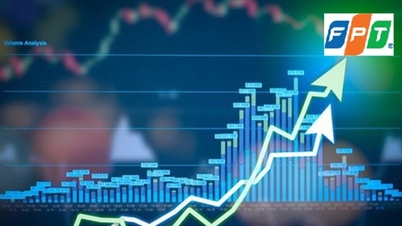

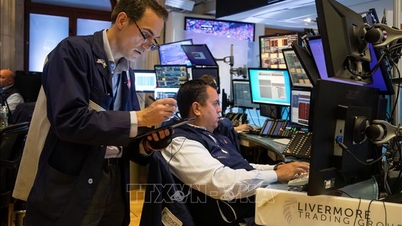

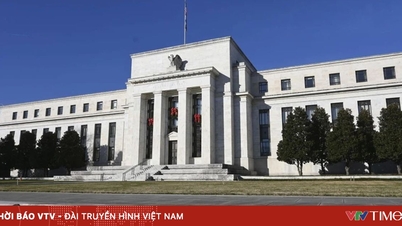
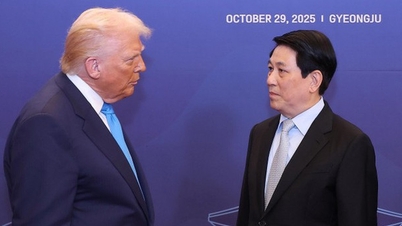

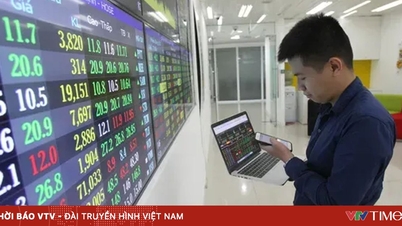
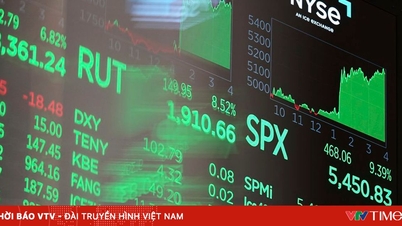











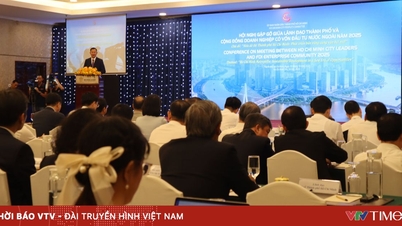
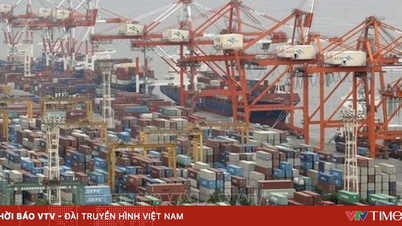



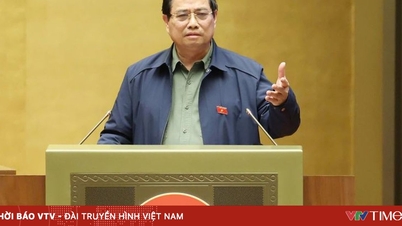






























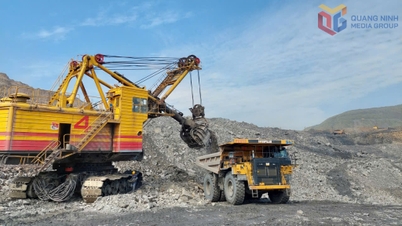







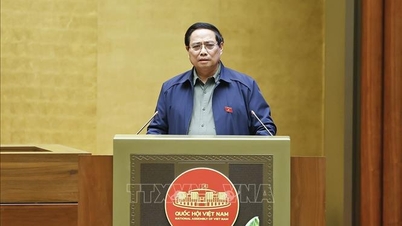




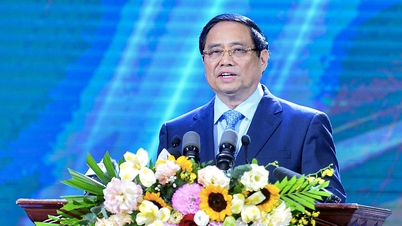





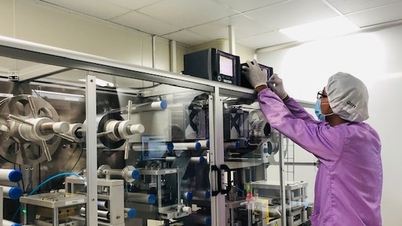
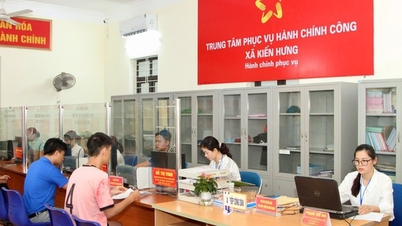

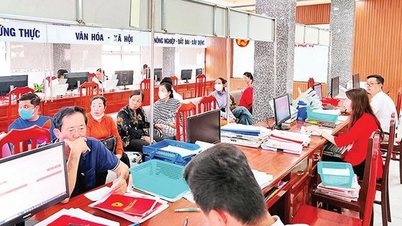
























Comment (0)